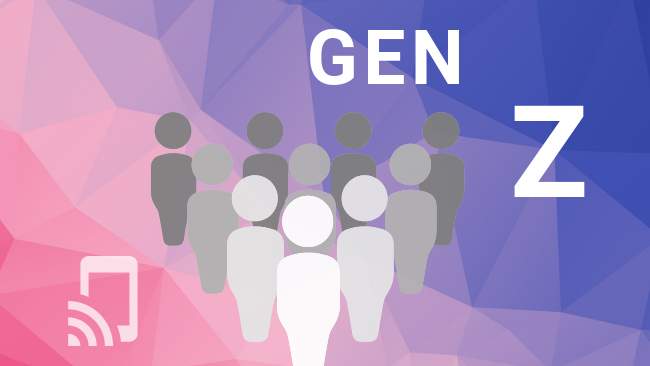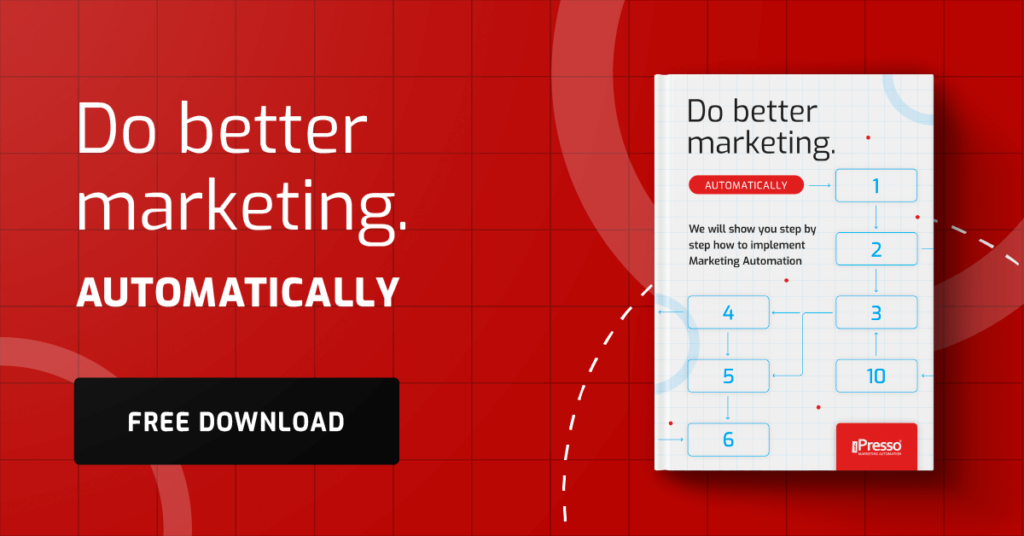Most Successful Content Marketers Prioritize Audience’s Informational Needs

90% of top content marketers prioritize their audience’s informational expectations over their company’s promotional messages, according to new research from the Content Marketing Institute.
The report, titled B2B Content Marketing 2019: Benchmarks, Budget and Trends – North America, was conducted on 771 B2B marketers operating in North America.
It found that 78% of marketers considered their efforts to be either extremely, very, or moderately successful, while only 2% claimed their efforts were not successful at all. 70% reported that their much more or somewhat more successful in comparison to one year ago. Interestingly, 90% of top-performing marketers (compared with 56% of the least successful) say they put their audience’s informational needs above their organization’s sales/promotional message.
27% of respondents said their companies were extremely committed to content marketing, and 40% reported they were very committed. Among the top performers 93% said their organizations were extremely or very committed to content marketing. 96% of the most successful content marketers agree that their organizations have built credibility and trust with their audience.
It turns out that most organizations have implemented a content marketing strategy. 78% of marketers claimed there is such a strategy in their companies, but only 39% said their strategy was documented. Having a documented strategy in place corresponds directly to being effective in content marketing efforts. In fact, 65% of the top performing marketers have a documented content marketing strategy.
The main benefits of having a documented B2B content marketing strategy are: aligning teams around common mission/goals (81%), making it easier to determine which types of content to develop (81%), and keeping teams focused on documented priorities (73%).
More than a half of respondents (56%) said they had increased their spending on content creation in the past year. They have mainly increased their use of audio/visual content (e.g. webinars, videos), and written digital content (e.g. articles, blogs, ebooks).
Asked about the main concerns related to content marketing, respondents talked about SEO/search algorithms (61%), changes to social media algorithms (45%) and making content marketing a revenue center (41%).



